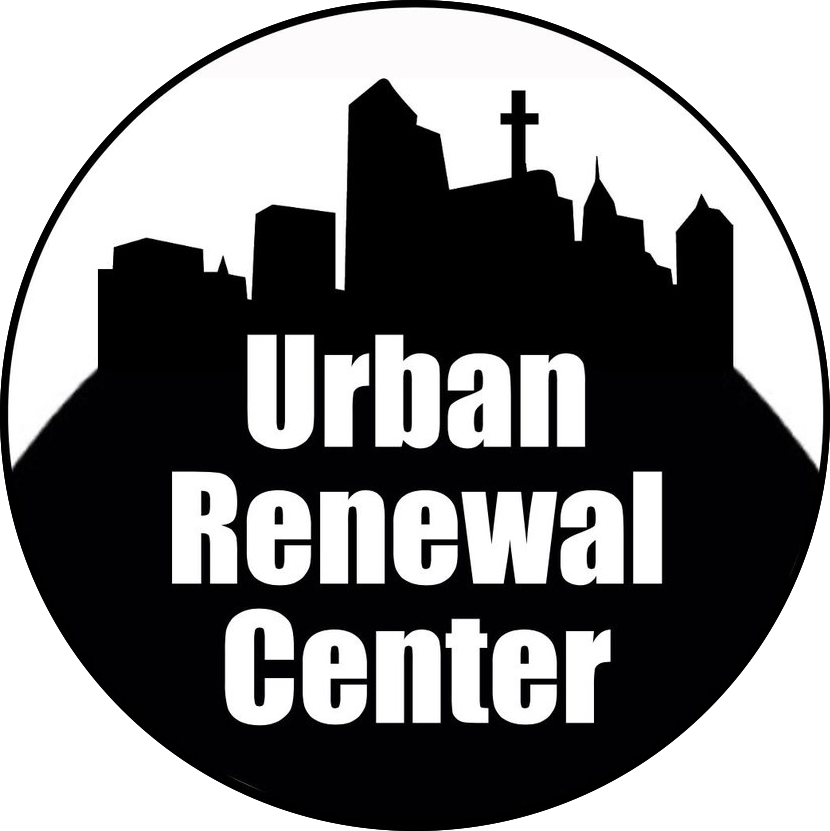19 More Things White Christians Can Do
In the midst of yet another killing of an African American by police, and the subsequent urban unrest, many who have turned away from confronting social injustice in America are beginning to face the problems, asking “where do I begin?” Previously, we put together a list of 19 first steps to take here. Below is a list of the next 19 steps anyone can take in their community right now. This list is not exhaustive, and is continuously updated with the most relevant action for day.
Updated On: July 2, 2020
19 More Things
1) Understand what saying “I don’t see race,” or “God is colorblind,” means. While often said with good intent, avoiding the acknowledgement of race in America can further marginalize the experience and voices of people of color in America. Read this article from Zach Stafford here.
2) Watch this video from Jim and Antipas on the mission of state of race and the church today here.
3) If you’re a parent, guardian, or educator, watch this video to learn why it’s beneficial to talk to your kids sooner rather than later about race. And check out the book White Kids Growing Up with Privilege in a Racially Divided America by Margaret A. Hagerman here.
4) Learn about what it means to be White. Understanding what Whiteness is can help make clear the ways that racism works to privilege whiteness at ever level of society. Check out the Smithsonian’s’ breakdown of whiteness here. Share some of their infographics with your friends. Talk about them.
5) Get out to visit historic sites that give an honest accounting of American slavery and genocide. Start with Norfolk’s Waterways to Freedom. Norfolk was major point along the Underground Railroad. This pamphlet will give you a list of spots in Norfolk to visit, along with their historical importance. Bring your family, friends, discuss the history.
6) After going to Norfolk’s historical sites, move further out, visit Jamestown- understand the history of settler-colonialism, the genocide of Powhatans that occurred there in 1609, and the early days of African American slavery in 1619. Keep going out to sites like the National Museum of African American History and Culture in Washington, D.C.; and the enslaved people’s quarters in at Thomas Jefferson’s Monticello in Charlottesville.
7) Donate to Norfolk’s Black Lives Matter chapter. Volunteer, march, protest, and advocate for policy changes in your city. Check out Black Lives Matter 757 here and here.
8) Support black businesses in Norfolk, V.A. Find a list of them on VisitNorfolk and on 757 Black Biz.
9) Watch Dave Chappelle’s “8:46” here.
10) Understand the history of policing in America. Many police forces originally started as slave catchers and over time slowly morphed into the militarized police force we know today. Check out this article from The Conversation.
11) Check out Campaign Zero’s policies to reduce police violence. Called 8 Can’t Wait, advocate for these 8 policies when it comes to policing in Norfolk:
1. Ban Chokeholds & Strangleholds
2. Require De-escalation
3. Require Warning Before Shooting
4. Requires Exhaust All Alternatives Before Shooting
5. Duty To Intervene
6. Ban shooting at moving vehicles
7. Require Use Of Force Continuum
8. Require Comprehensive Reporting
Read more of their policy recommendations here.
12) Read Norfolk Police Department’s Use of Force Policy here. Norfolk does not Ban Chokeholds; does not require warnings before shooting, does not restrict shooting at moving vehicles, and does not require officers to exhaust all means before shooting. Compare Norfolk’s police accountability to other cities here.
13) Advocate for policy that ends police qualified immunity. Qualified immunity protects police form being sued in civil court by people who feel they have had their rights violated by police, unless the police clearly violated a federal law. An aggressive defense for police, qualified immunity limits the rights of victims of police brutality.
14) Divest from banks that fund private prisons. Check out “The Financial Activist Playbook for Supporting Black Lives,” and Real Money Moves here to see how you can divest from banks and organizations that invest in private prisons.
15) Find out if your place of worship invests in private prisons. The United Methodist Church Board of Pension and Health Benefits divested from private prisons in 2012, advocate that your place of worship do the same.
16) Familiarize yourself with the relationship between Race and Christianity. We’ve mentioned on our “First Steps” list about reading the Antipas Harris’ Is Christianity The White Man’s Religion? and Cornel West’s Race Matter. For further reading on this topic. Check out Willie Jennings’ The Christian Imagination: Theology and the Origins of Race and James Cone’s The Cross and the Lynching Tree. Get people together and read as a group, then discuss.
17) Begin to understand intersectionality- the ways in which numerous social categories such as race, class, gender, sex, and ethnicity overlap and inform one another. Check out bell hooks’ explanation here.
18) Read Ibram X. Kendi’s book How To Be an Anti-Racists here. Get some friends together, interrogate your own actions, and discuss some steps you can take.
19) Read the URC’s “ABC’s of Racial Justice” here. Familiarize yourself with the terms and definitions of social justice work.
